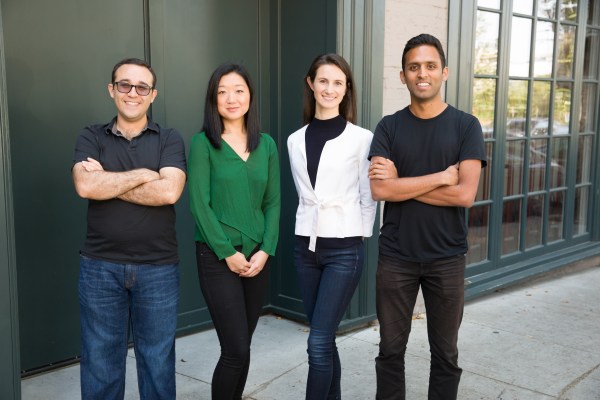Two years ago, at the age of 34, Tammy Sun decided to freeze her eggs. Though larger tech companies like Apple and Facebook had started offering this service as a perk to retain female talent, it was not something Evernote, whom Sun worked for at the time, provided.
So several shots, doctors visits and $30,000 out of her own pocket later she got the idea to make the process easier and more affordable through tech employers not currently offering fertility coverage.
Thus began Carrot, a startup out of Y Combinator working with employers to offer fertility care like egg-freezing and in vitro fertilization (IVF) as a workplace benefit.
These types of offerings have been criticized for supposedly forcing women to postpone their family in favor of putting their employer first.
While it’s not uncommon for some women to drop out of the workforce to raise a family, or even cut back on hours, many women — including myself — find hollow the argument that egg freezing equals employer over family. There are plenty of mothers in the workforce and more modern child-rearing responsibilities don’t sit squarely on just the partner bearing the children.
Others argue the perk offers false hope to women in their mid-thirties likely to go through egg-freezing. A handful of women I’ve spoken to interested in fertility treatments have brushed off these arguments, saying they discount what they, themselves want.
Whatever the arguments for or against these benefits, tech recruiters like Gusto’s head of HR, Katie Evans-Reber attest to their importance in bringing in new talent.
“In recruiting conversations, we increasingly get questions about whether we have fertility benefits, whether for egg freezing or IVF for LGBTQ individuals and couples,” Evans-Reber said. “We know this is important to more and more employees we are trying to hire, including women – but not only them. Offering this benefit also reflects our values as a company. Our culture is one of close family ties.”
Sun and her team are hoping to make fertility services available to more Silicon Valley tech firms and have raised $3.6 million in seed money to help get it there.
Carrot works by helping company heads of HR to customize the benefits they are willing to offer employees through a direct reimbursement model. In other words, employees have a certain amount allotted to spend on fertility treatments such as egg-freezing, IVF, intrauterine insemination (IUI) or something else with a doctor and facility of their choosing. The company then reimburses the employee for those out-of-pocket expenses.
Some employers who offer these services through insurance often require there to be a diagnosis of infertility before treatment begins and often don’t cover critical services like genetic testing of the eggs or embryos before implantation. Carrot’s offering removes the need for a medical diagnosis and instead lets employees choose what services they need and who they want to go to for them.
Employees can also text, videoconference and voice chat with Carrot’s medically trained fertility experts to build a fertility plan right for them.
SoftTech Ventures led the funding round, with participation from Maven Ventures, Precursor Ventures, Sound Ventures, Sherpa Ventures, Core VC, Founders Fund, Y Combinator, and several angel investors.
